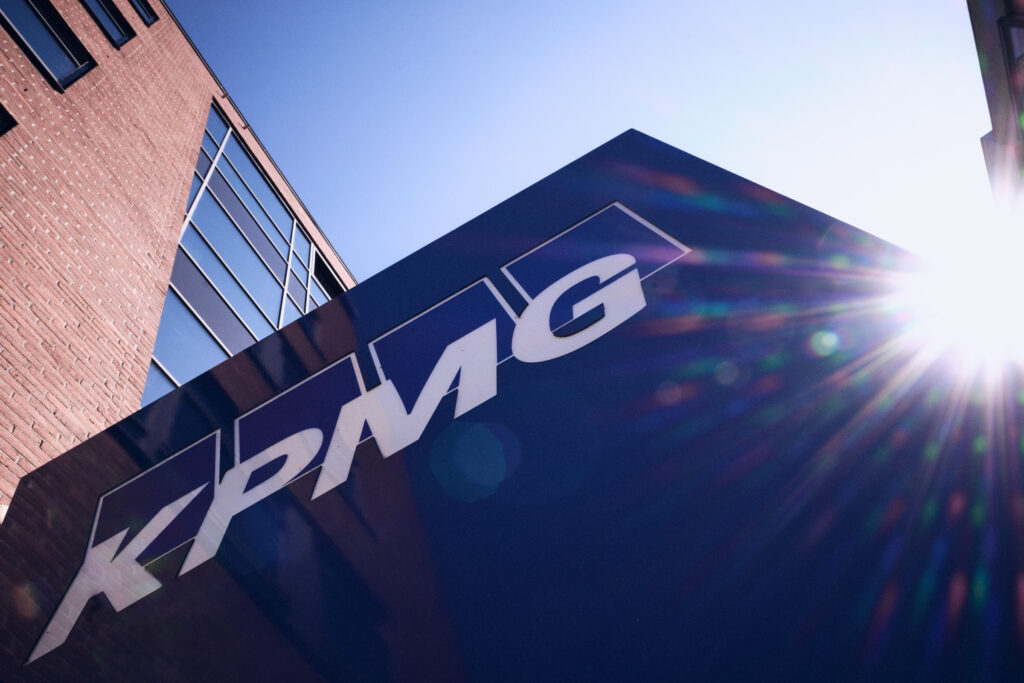KPMG: $164B Invested in Circular Economy, Unlocking Opportunity for Smarter Capital

- US$164 billion invested in circular business models since 2018, with an 87% increase from 2021–2023 vs. earlier years.
- Only 4.7% of capital reaches high-impact circular innovations, despite their potential to eliminate waste at the source.
- Circular models offer risk-adjusted returns, but scaling requires updated financial frameworks, policy shifts, and standardised metrics.
Global investment in circular economy business models has reached US$164 billion between 2018 and 2023, according to a new Circularity Gap Report (CGR®) Finance released by Circle Economy in collaboration with KPMG International and supported by the International Finance Corporation (IFC). The study, the first of its kind, maps and quantifies global capital flows to circular business models and identifies a persistent financing gap for high-impact innovations.
Investment surged by 87% in the latter half of the period (2021–2023), reflecting rising investor interest and a strengthening business case. However, the report warns that most capital still flows to traditional circular applications—like repair, resale, and recycling—rather than transformative innovations in product design and manufacturing, which received just 4.7% of investment.
“Our findings reveal that the economic case for investment in the Global Circular Economy has been made and is embedded in C-Suite thinking and planning,” said Arnoud Walrecht, Circular Economy Lead at KPMG Netherlands. “Progress is being made, but far more scale and focus is required. We can achieve this through a collective, international effort to direct higher levels of capital toward circular economy opportunities.”

Circular business models have proven to deliver risk-adjusted returns, unlocking new markets and generating additional revenue while reducing dependency on volatile supply chains. Yet despite the growing case for investment, circular economy funding still accounts for just 2% of all tracked capital, per the report.
Annual investment rose from US$10 billion in 2018 to US$28 billion in 2023, peaking at US$42 billion in 2021—but the inability to surpass this high point suggests waning momentum. Banks continue to dominate circular financing through debt instruments.
RELATED ARTICLE: KPMG Finds 62% of First ESRS Reporters Set Net-Zero Targets
“Circular businesses are well-positioned to thrive in this new reality,” said Marvin Nusseck, Finance Lead at Circle Economy. “That’s why investors must rethink how they assess risk and value in circular models—updating their frameworks to reflect the circular economy’s benefits and building resilience as a result.”

Currently, the global economy is just 6.9% circular, and the circularity gap is widening. Redirecting finance away from linear models is vital to ensuring long-term economic resilience and environmental stability.
The report outlines actions across the financial ecosystem:
- Investors and lenders should revise valuation and risk models to reflect the retained value in durable, repairable, leased, or reusable products.
- Financial regulators must standardise definitions, mandate resource disclosure, and embed circularity into stress testing.
- Policymakers should promote circularity through fiscal policy, green procurement, and public investment in circular infrastructure.
“Whether it’s tackling supply chain blockages or navigating a stricter regulatory environment, the business community is entering a new reality,” Walrecht added.
The report concludes that while the foundation for circular finance is growing, achieving systemic change will require coordinated policy, capital redirection, and a broader redefinition of value across the financial sector.
Read the full report here.
Follow ESG News on LinkedIn








